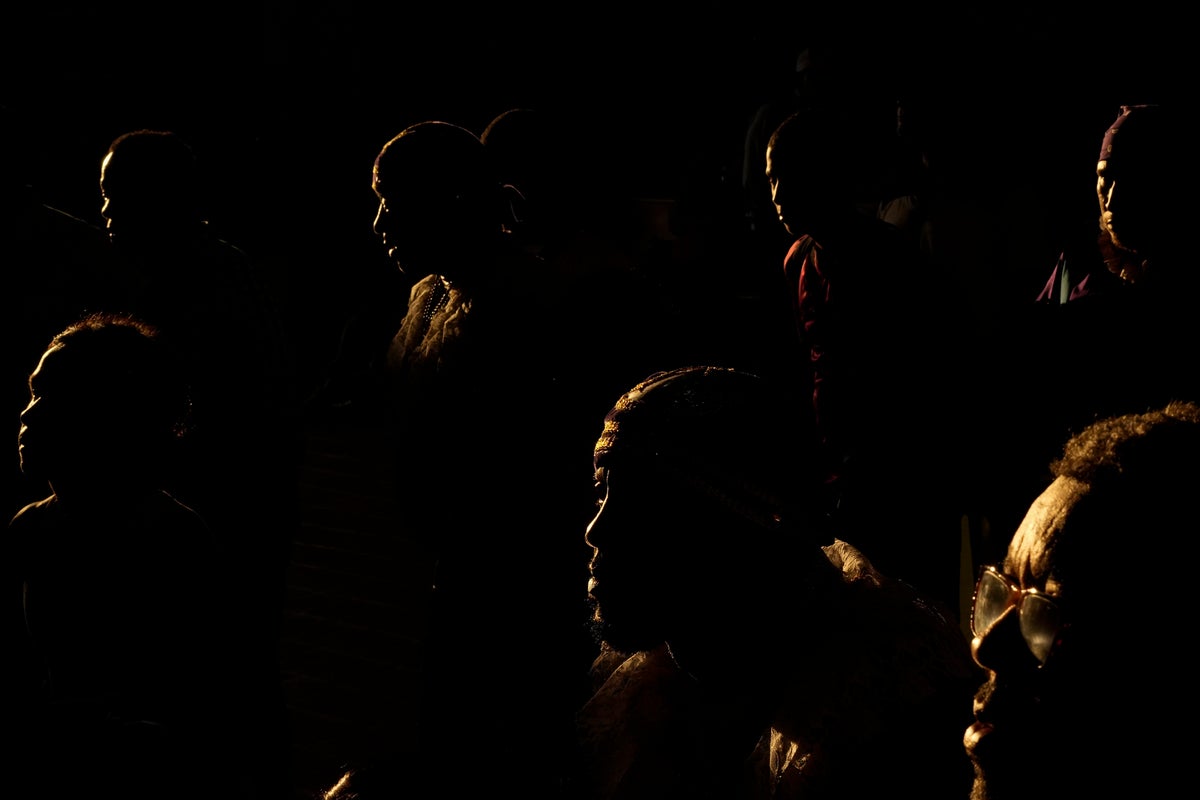
At dawn, pilgrims like Ernesto Troya undertook the hardest stretch of their journey to reach the statue of the Black Christ of Portobelo in Panama. Moved by faith, they crawled for several hours along the street toward the image of the saint.
It is one of the most striking scenes to happen every year in the northern province of Colón. Every Oct. 21, the province celebrates the festival of the Black Christ of Portobelo. It is considered one of the largest Catholic pilgrimages in the Central American country and dates back centuries.
Portobelo is a tourist destination that is part of Panama’s historical and cultural heritage. The city served as a port and trade center during the Spanish colonial times in the Caribbean Sea.
According to some historians, legend has it that a fisherman found the statue of the Black Christ wrapped in a “cayuco,” or wooden boat, off the coast of Portobelo on Oct. 21, 1658. When the Spaniards discovered the presence of the saint, they decided to move it to another country on the continent. However, every time the boat tried to set sail with the statue, a storm came and prevented it from leaving port. The settlers, many of them of slave and African descent, adopted the image as their patron saint.
Thousands of pilgrims arrive at the church of San Felipe, which houses the Black Christ on an altar. After walking long distances in what is known as “mandas" they give thanks for a favor or miracle granted.
Many pilgrims like Troya, a 46-year-old security guard, made a dramatic final run through the streets of the town. Crawling to the image of the Christ, the pilgrimage usually causes cramps and knee injuries.
“If one gets on their knees with the faith one has (in the saint) everything will go well. With faith everything is possible,” said Troya.







